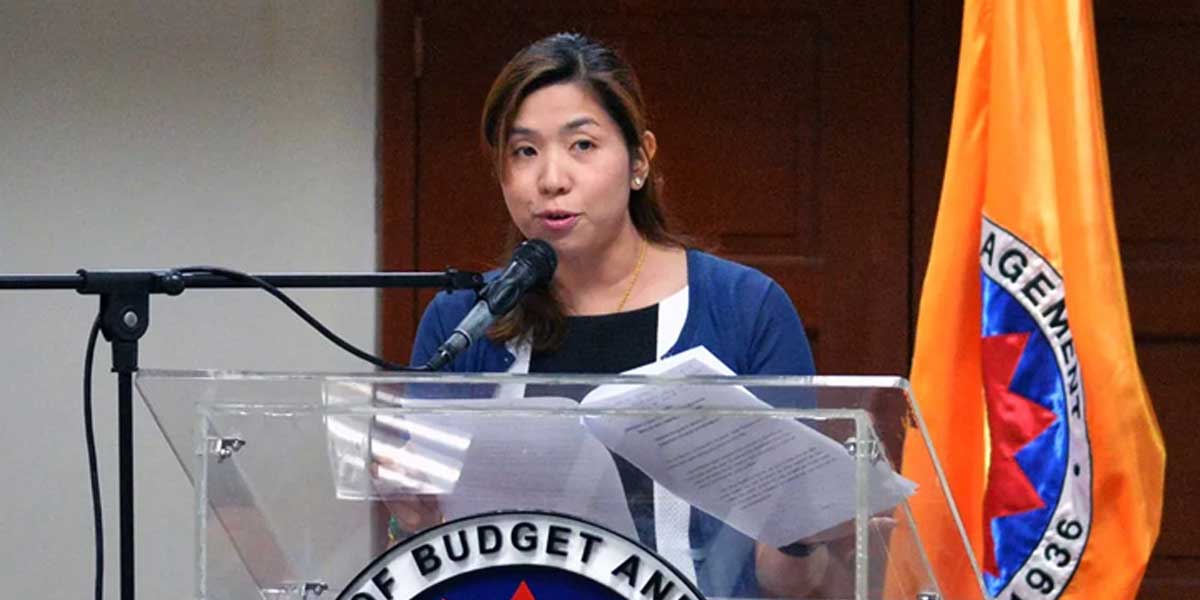
Department of Budget and Management (DBM) Secretary Amenah F. Pangandaman pointed out that the proposed 2024 national budget will still focus on sectors prioritized in the 2023 budget, such as infrastructure, agriculture, health, and education.
“When we started the administration, may tinatawag po tayong Medium-Term Fiscal Framework (MTFF), which the Congress adopted. ‘Yung MTFF po, it’s a fiscal consolidation program wherein doon din po nakalagay ‘yung mga priority programs and areas which we should support,” Secretary Pangandaman said in a recent interview with the media.
Aligned with the President Ferdinand R. Marcos Jr. administration’s 8-Point Socioeconomic Agenda and the Philippine Development Plan 2023-2028, the government will continue to prioritize expenditure items that will steer the economy back on a high growth path.
“We will continue the infrastructure program of the national government, from Build, Build, Build to Build, Better, More, from 5-6 percent of GDP, now this year, it’s 5.8 percent. So we’re still working on the 2024 budget, so we need to adhere with that,” Secretary Pangandaman said.
The Budget Secretary also emphasized the need to continue prioritizing the budget for the agriculture sector, considering the effects of the COVID-19 pandemic.
“We all know that this year, we increased it to about 40% kasi from previous years po parang we didn’t give enough investment. Sobrang baba lagi po ‘yung sa support natin for agriculture. But when the pandemic happened, nag-close lahat — our value chains stopped, and it’s important that we have enough food in our country, enough produce,” she said.
Secretary Pangandaman added that support will likewise be given to the health and education sectors, including the upgrading of skills of the country’s workforce.
Expenditure priorities for next year are reflected in the 2024 Budget Priorities Framework, which include infrastructure development, food security, digital transformation, enterprise development, human capital development, climate action and disaster resilience, strategic directions in transition to full devolution, and research, development, and innovation.
















